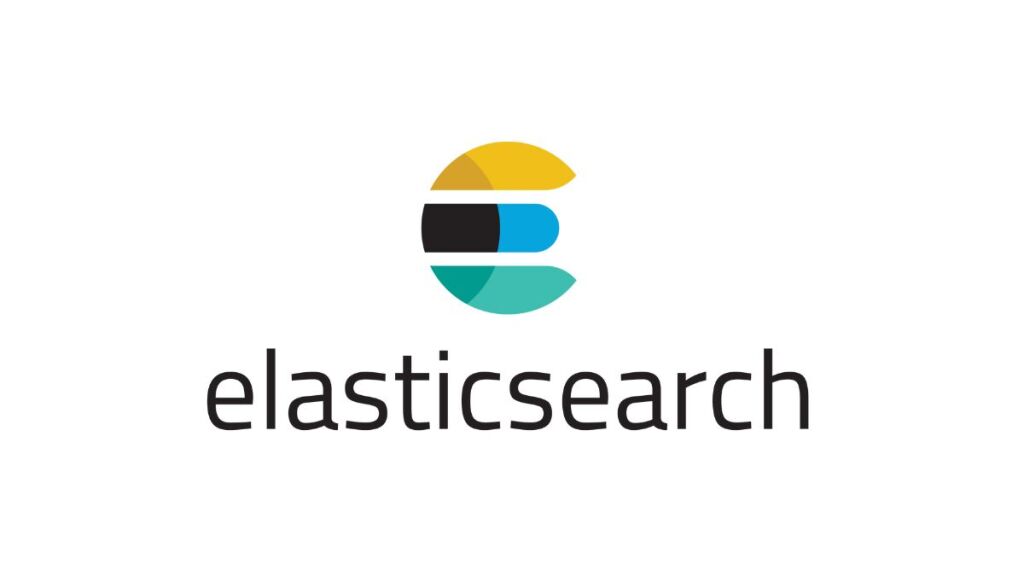Elasticsearch, a powerful open-source search and analytics engine, is renowned for its scalability, reliability, and versatility. However, like any complex system, it’s not immune to issues. One common challenge users may encounter is receiving an error stating “Unable to retrieve version information from Elasticsearch nodes.” This error typically occurs when attempting to connect to an Elasticsearch cluster, hindering the ability to perform any operations or queries. Understanding the root causes and knowing how to troubleshoot this issue is crucial for maintaining a healthy Elasticsearch environment. This article explores the potential reasons for this error and provides a step-by-step guide to resolving it.
Understanding the Issue
The error “Unable to retrieve version information from Elasticsearch nodes” generally indicates a communication problem between the client trying to connect and the Elasticsearch cluster. It may arise due to several reasons, ranging from network issues and configuration errors to compatibility problems between client and cluster versions.
Common Causes and Solutions
Network Connectivity Issues
Symptom: The client cannot reach the Elasticsearch nodes due to network misconfigurations or firewalls blocking access.
Solution: Verify network connectivity between the client and the Elasticsearch cluster. Ensure that the Elasticsearch nodes are accessible on their configured ports and that no firewall rules are preventing access. Tools like ping and telnet can be helpful in diagnosing network connectivity.
Incorrect Configuration
Symptom: Misconfiguration in the client or the Elasticsearch cluster settings, such as incorrect addresses, ports, or cluster names, prevents successful communication.
Solution: Double-check the configuration settings on both the client and the Elasticsearch cluster. Ensure that the client is pointing to the correct addresses and ports for the Elasticsearch nodes. Also, verify that any specified cluster names match.
Version Compatibility Issues
Symptom: The client library version is incompatible with the Elasticsearch cluster version, leading to communication failures.
Solution: Ensure compatibility between the client library and the Elasticsearch cluster versions. Refer to the Elasticsearch documentation for compatibility guidelines and consider upgrading or downgrading the client library or Elasticsearch cluster as necessary.
Authentication and Authorization Issues
Symptom: The client is unauthorized to retrieve version information due to missing or incorrect authentication credentials.
Solution: If your Elasticsearch cluster is secured (for example, using X-Pack security), ensure that the client provides the necessary authentication credentials (such as basic auth credentials or API keys). Review the security configuration of your Elasticsearch cluster and ensure that the client’s credentials have sufficient privileges.
Elasticsearch Node Configuration
Symptom: Elasticsearch nodes are incorrectly configured or in a bad state, preventing them from responding to version information requests.
Solution: Check the Elasticsearch node logs for any errors or warnings that might indicate configuration issues or other problems affecting node health. Address any reported issues, which might involve adjusting node configurations or performing a cluster restart.
Diagnostic Tools and Logs
Utilizing Elasticsearch’s built-in diagnostic tools and logs can provide valuable insights when troubleshooting this issue. The Elasticsearch logs, located in the logs directory of your Elasticsearch installation, can contain error messages or stack traces related to the failure. Additionally, tools like curl can be used to manually send requests to the Elasticsearch nodes to verify their responsiveness.
Conclusion
Encountering an “Unable to retrieve version information from Elasticsearch nodes” error can be frustrating, but it’s typically indicative of a deeper connectivity or configuration issue. By systematically checking network connectivity, configuration settings, version compatibility, and authentication credentials, you can identify and resolve the root cause. Remember, maintaining clear and accurate documentation of your Elasticsearch cluster and client configurations can expedite the troubleshooting process in future incidents.
- How to Add Captions inside Feature Images with GeneratePress - May 8, 2024
- Car Dealership Tycoon Codes: Free Cash for March 2024 - April 9, 2024
- World Solver - April 9, 2024

